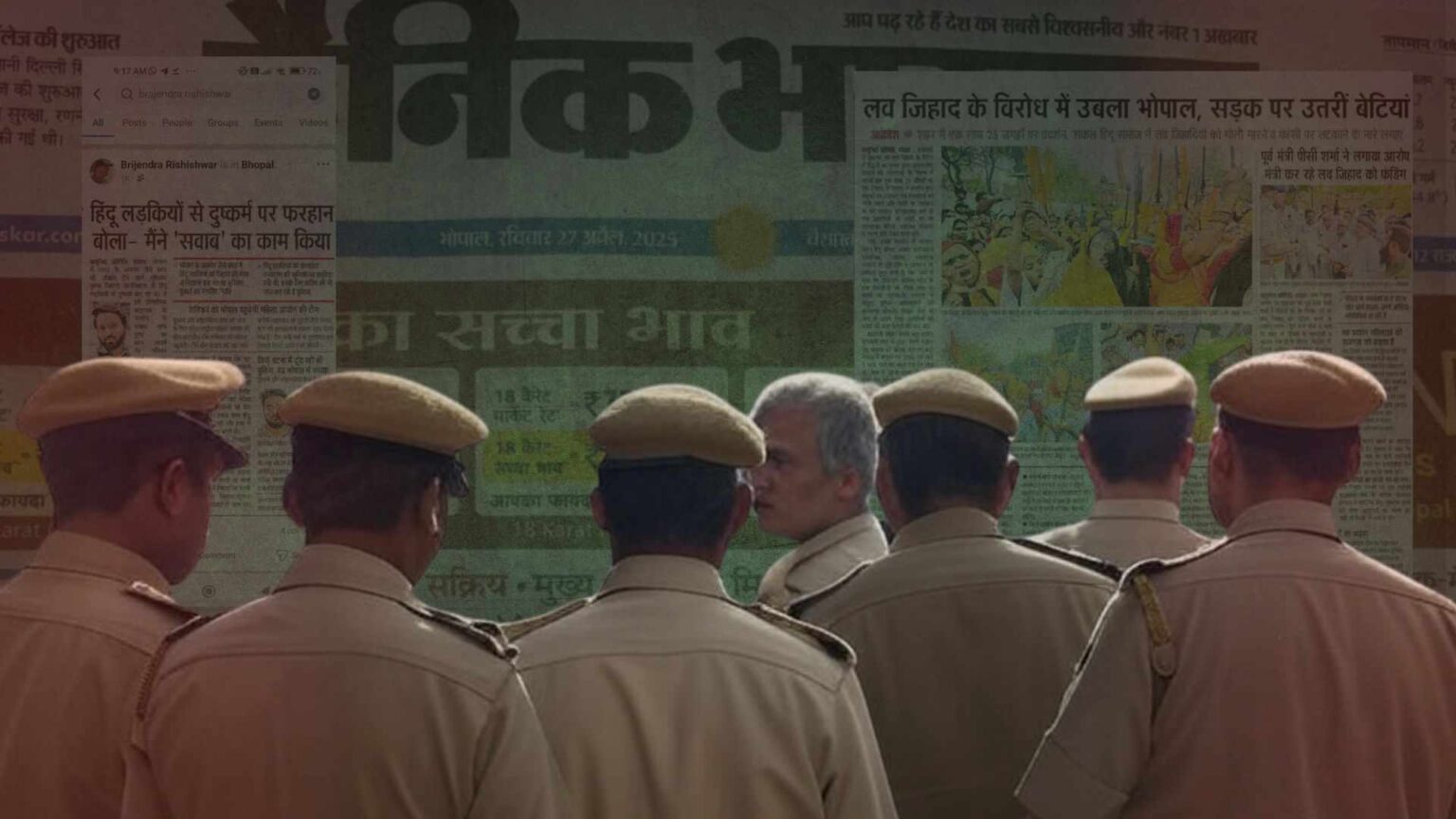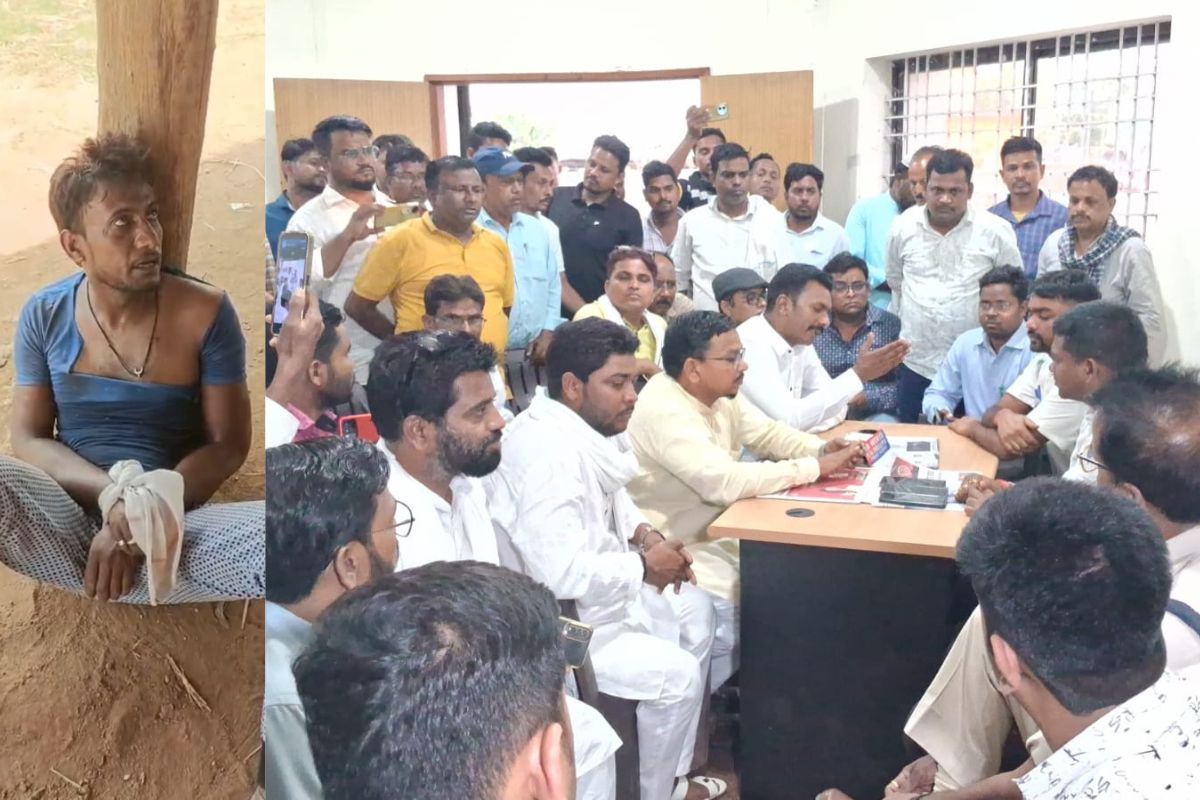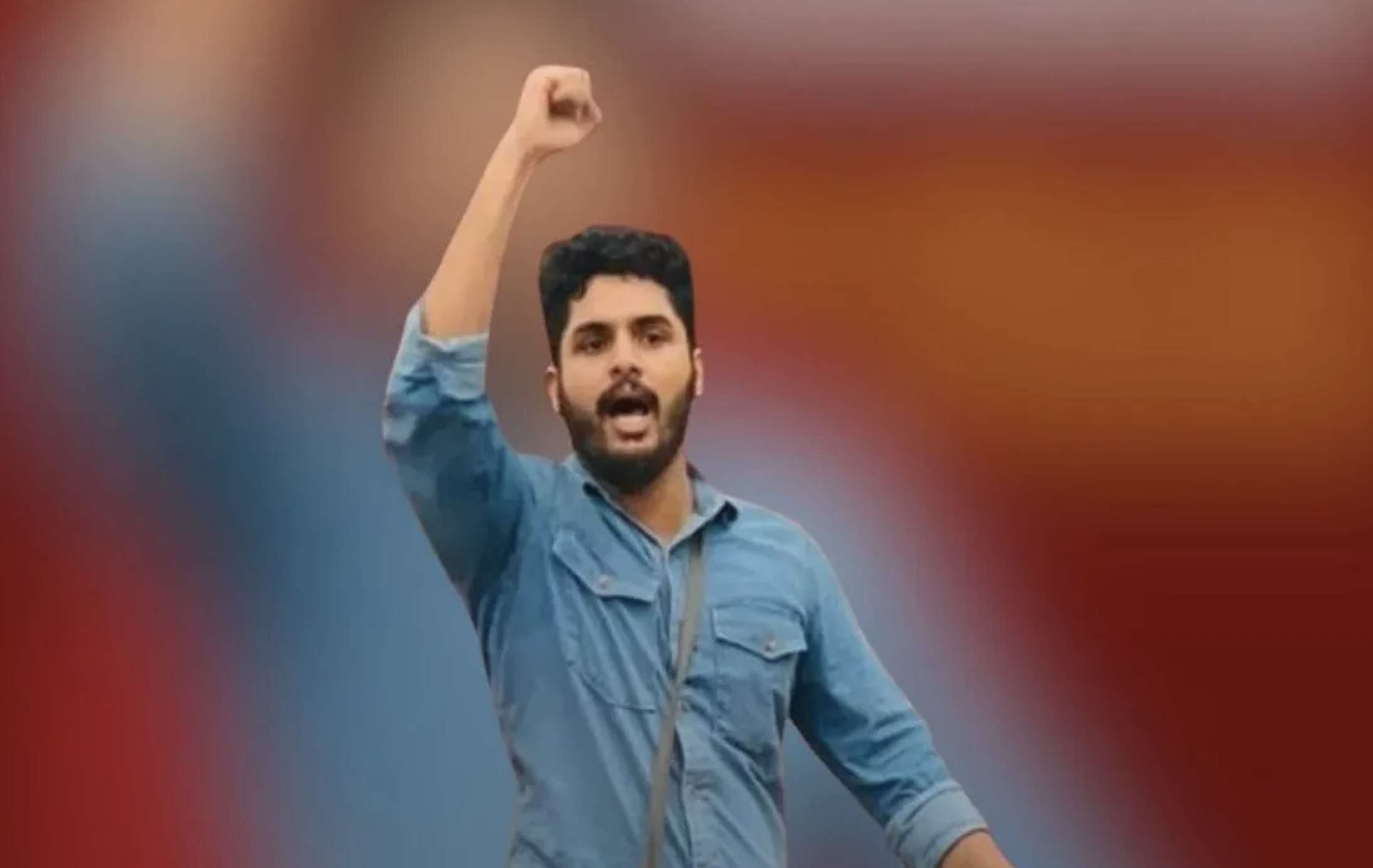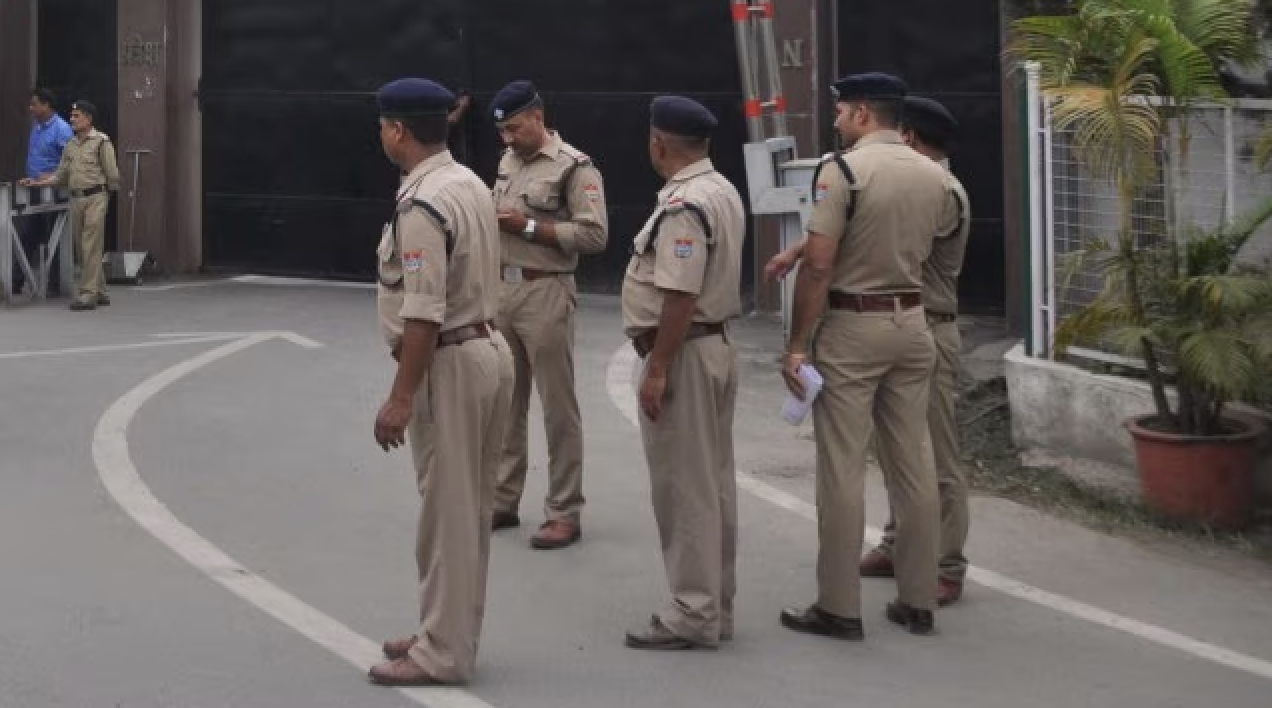
After three decades of relative calm post the Babri Masjid demolition, events in the Gyanvapi Mosque dispute have taken a swift turn, leading to disquiet. The latest development is the apparent ‘manifestation’ of a ‘shivlinga’ during a court-mandated survey, following which the local Varanasi court has ordered for that portion of the mosque to be sealed.
The Supreme Court removed the restrictions on offering namaz imposed by Varanasi Civil Court, while protecting the spot where the plaintiff claimed that a ‘shivlinga’ was found.
Three years before, in the Babri Masjid case, the Supreme Court had delivered an ambiguous judgment, trying to balance competing claims of faith, history and law. While it acknowledged that Muslims were wrongfully deprived of their 450-year-old mosque, and condemned its destruction as a ‘serious violation of law’, it concluded that Hindus have a ‘better’ possessory claim of the title of the land. Among other arguments, SC took into account the faith of Hindus in the birthplace of Lord Rama and need to ensure ‘peace and tranquillity’.
Even though the SC judgment in the Babri Masjid dispute left many Muslims disappointed, there was little overt protest. One reason was that SC treated Babri Masjid dispute as a special case, while making it absolutely clear that the Indian State protects all existing Muslim places of worship.
It categorically rebuffed the notion that a court of law in a secular democracy could be instrument for correcting perceived “historical wrongs” against Hindu temples.
Further, it reaffirmed the validity of the Places of Worship Act, 1991, that prohibits the religious character of a place of worship to be changed. The only exhibition contained in this was the Babri Masjid.
Thus, the case against tinkering with the Gyanvapi mosque is clear. But, of course, the Gyanvapi dispute, like Babri Masjid dispute, is essentially not about law, nor even history, but about the need of contemporary politics.
The motor fuel of Hindutva is imagined grievance. As BJP has taken office in most of the Hindi belt, the wellspring of present day Hindu grievances has been substantially drained. The charge of Muslim appeasement does not carry the same resonance as the political power of Muslims. It has declined precipitously. Laws on subjects such as cow slaughter and ‘love jehad’ have ensured that sentiments of Hindus are already seen to command political primacy.
In this respect, the BJP is even more dependent on history to provide an extensive to provide and inexhaustible reservoir of Hindu grievances. The mosques in Varanasi and Mathura, among other places, are sought to be presented as disputed areas.
BJP’s constraints as a governing party also explains its hesitancy to raise the political stakes by repealing the Places of Worship Act. After all, the BJP had opposed the passing of the Act and hasn’t given up its ideological claims on correcting ‘historical wrongs’.
Nothing prevents Parliament from repealing the Act, except, perhaps, BJP’s own dread at the hard to manage consequences of opening the Pandora’s Box.
Thus, RSS and BJP are content to lie in the shadows, encouraging Hindutva proxies to gradually soldier on with the next frontier of historical claims — Varanasi, Mathura and beyond.
Petitioners in the current iteration of the Gyanvapi dispute are linked to the Vishwa Vedic Sanatan Sangh. The ultimate goal of this organization, according to its President Jitender Vishen, is establishment of ‘Hindu Rashtra’, much like the goal of RSS. But these Hindutava surrogates, coughed as devotees, help the political establishment to maintain a plausible distance.
Yet, some official support for Hindu petitioners was amply clear from the UP deputy CM K P Maurya’s exulting tweets in the wake of ‘discovery’ of the ‘shivlinga’. One may recall that Maurya had also raked up the issue of Varanasi and Mathura temples during the UP election campaign.
It is a fraught task, even in western countries, to disentangle politics from faith and history. But it is the mark of advanced nations that justice is not beholden to majoritarian sentiments or historic grievances.
As the Supreme Court expressly noted in the Babri Masjid judgment: “For any person who seeks solace or recourse against action of any number of ancient rulers, the law is not the answer.”
This article first appeared on nationalheraldindia.com






